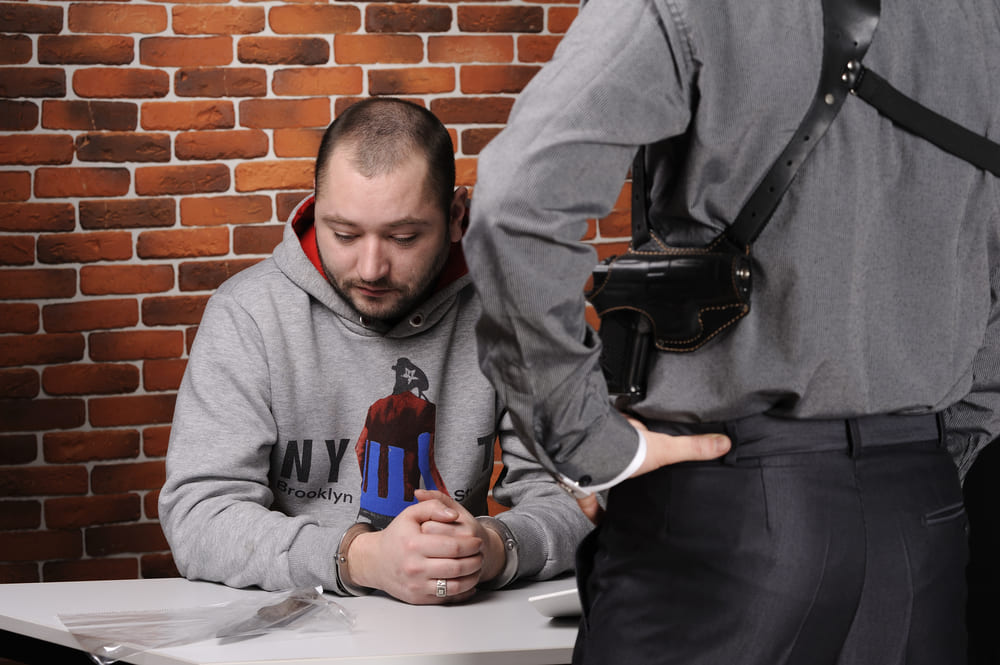
The Discovery Process
Within the legal system, the term “discovery” refers to the exchange of information or evidence between the parties. In a criminal prosecution, it specifically refers to the State’s obligation to “discover” evidence it intends to introduce at trial. In some jurisdictions, there is a standing discovery order that compels the prosecution to comply with discovery in all criminal cases without the need for a defense attorney to request it. In other jurisdictions, a defense attorney must file a discovery request. The Rules of Criminal Procedure govern the discovery process and determine what must be discovered by the state. Common examples of things the State must discover to the defendant include things such as:
- Oral or written statements made by the defendant to a law enforcement officer
- Results of scientific testing, such as DNA testing, fingerprint tests, breath tests
- Probable cause affidavits submitted to request a search warrant or arrest warrant
- Defendant’s prior criminal record
In addition, the State must make tangible evidence available to the defense for inspection or copying purposes. Things such as photographs, written records, and weapons that the State intends to present as evidence at trial fall into this category. The discovery rules work in the other direction as well. The defendant is required to disclose certain things that he/she intends to introduce as evidence at trial as well.
Just as certain things are specifically required to be disclosed, there are also things that are specifically not required to be disclosed. Internal reports, memoranda, or other internal documents created or used by the State during the investigation and prosecution of the offense or by the defendant when developing a defense are not required to be discovered to the other side.
Why Is the Discovery Process Important?
In a criminal prosecution in the United States, an accused is presumed innocent until proven guilty beyond a reasonable doubt. This means that the burden is on the State to prove you guilty, not on you to prove yourself innocent. This distinction is crucial to the American judicial system. In a criminal trial, a defendant is not required to put on any defense, and in fact, sometimes a defense attorney makes a strategic decision not to put on a defense if the prosecution’s case is weak enough. A defendant, however, is always entitled to put on a defense if he/she decides to do so. To prepare for that defense, a defendant must know what evidence the State plans to use against him/her. To ensure that there are no surprises on the day of trial, the law requires the State to “discover” evidence to the defendant prior to trial. Not only does this allow the defense to prepare for trial, it also gives the defense an opportunity to challenge any evidence ahead of time. For example, if it appears that a search and seizure that turned up important evidence in your case was conducted illegally after reviewing the probable cause affidavit, your defense attorney may challenge that search and seizure by filing a pre-trial motion to exclude the evidence.
Contact a Murfreesboro Criminal Defense Lawyer
If you have questions or concerns about how the discovery process works in general, or how it applies to your case specifically, in the State of Tennessee, it is in your best interest to consult with an experienced Murfreesboro criminal defense attorney at Bennett, Michael & Hornsby as soon as possible. Contact the team today by calling 615-898-1560 to schedule your appointment.
- Understanding the Role and Responsibilities of a Trustee - April 23, 2024
- When Are Miranda Warnings Required? - April 16, 2024
- 5 Benefits of Mediation in a Tennessee Divorce - April 9, 2024






